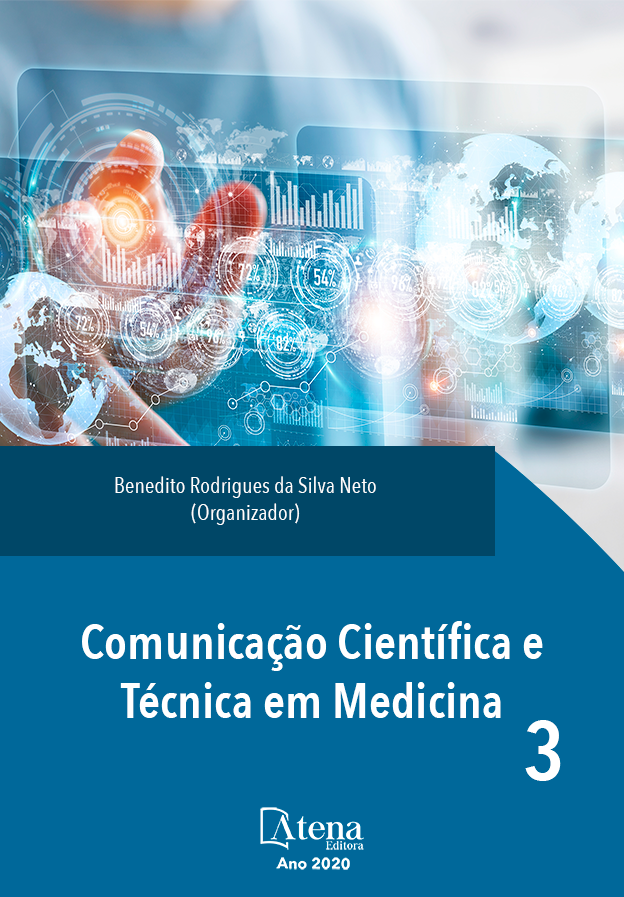
COMPLICAÇÕES INFECCIOSAS E NÃO INFECCIOSAS NO PRIMEIRO ANO PÓS-TRANSPLANTE RENAL
A Doença Renal Crônica pode evoluir para Insuficiência Renal Crônica, tornando-se necessária uma terapia de substituição renal. A melhor opção é o transplante renal por promover maior sobrevivência e qualidade de vida. Entretanto, as infecções e demais agravos desenvolvidos no período pós-transplante renal são comuns e representam uma importante causa de morbimortalidade. Com base nisso, o objetivo deste estudo é o de estabelecer a prevalência de complicações infecciosas e agravos em saúde durante o primeiro ano de transplante renal e o perfil dos transplantados no município de Chapecó/SC. Em relação aos métodos, o estudo é longitudinal, retrospectivo e descritivo, realizado a partir da análise de 87 prontuários de receptores de transplante renal durante o primeiro ano de acompanhamento. Os transplantes ocorreram entre janeiro de 2013 e dezembro de 2017. Como resultado, eventos infecciosos foram observados em 49 pacientes (56,3%), sendo que os mais frequentes foram infecção do trato urinário inferior (48,4%), infecção do trato urinário superior (11,6%), infecção de vias aéreas superiores (9,5%) e infecção do trato gastrointestinal (6,3%). Os principais agentes etiológicos encontrados foram Escherichia coli e citomegalovírus (CMV). Ademais, 55 pacientes (63,2%) desenvolveram agravos no primeiro ano, sendo diabetes mellitus o principal (17,2%). Assim, complicações infecciosas e não infecciosas apresentam prevalência elevada no primeiro ano de acompanhamento após o transplante.
COMPLICAÇÕES INFECCIOSAS E NÃO INFECCIOSAS NO PRIMEIRO ANO PÓS-TRANSPLANTE RENAL
-
DOI: 10.22533/at.ed.9962016095
-
Palavras-chave: Insuficiência renal crônica; Transplante de Rim; Infecções; Diabetes Mellitus; Hipertensão.
-
Keywords: Renal Insufficiency, Chronic; Kidney Transplantation; Infections; Diabetes Mellitus; Hypertension.
-
Abstract:
Chronic Kidney Disease can progress to Chronic Renal Insufficiency, making renal replacement therapy necessary. The best option is kidney transplantation as it promotes greater survival and quality of life. However, infections and other conditions developed in the post-transplant period are common and represent an important cause of morbidity and mortality. Based on this, the objective of this study is to establish the prevalence of infectious complications and health problems during the first year of kidney transplantation and the profile of transplant recipients in the city of Chapecó/SC. Regarding the methods, the study is longitudinal, retrospective and descriptive, performed based on the analysis of 87 kidney transplant recipients' records during the first year of follow-up. Transplants occurred between January 2013 and December 2017. As a result, infectious events were observed in 49 patients (56.3%), the most frequent being lower urinary tract infection (48.4%), upper urinary tract infection (11.6%), upper airway infection (9.5%) and gastrointestinal tract infection (6.3 %). The main etiologic agents found were Escherichia coli and cytomegalovirus (CMV). In addition, 55 patients (63.2%) developed injuries in the first year, with diabetes mellitus being the main one (17.2%). Thus, infectious and non-infectious complications have a high prevalence in the first year of follow-up after transplantation.
-
Número de páginas: 16
- Tamíres Hillesheim Mittelmann
- Édina Starck
- Lucas Rosa Nakalski
- Marcos Vinicius Perez Lovatto
- DEBORA TAVARES DE RESENDE E SILVA


